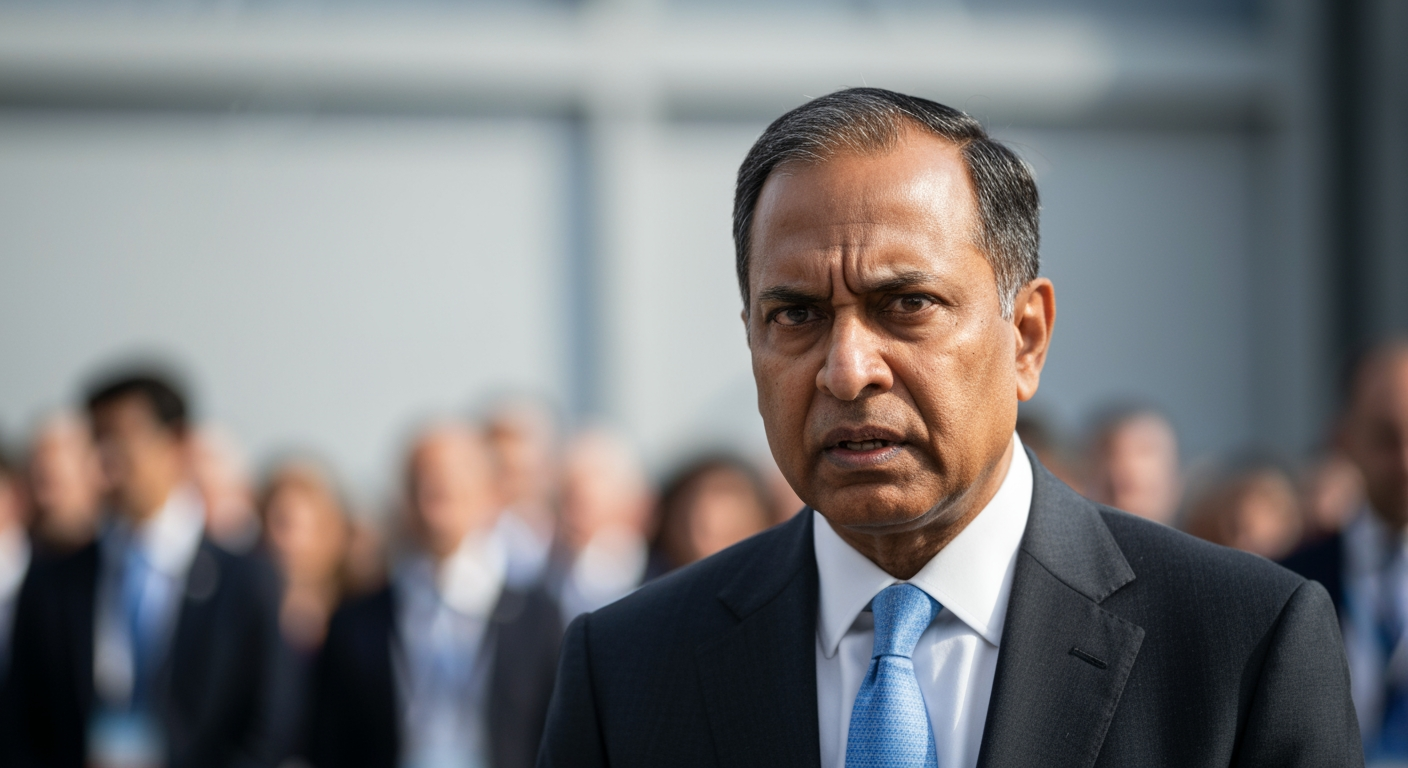German Voters Weigh Climate Action Against Economic Concerns in Snap Election

Germany, long considered a frontrunner in global climate action, faces a critical juncture as voters head to the polls in a snap election on February 23. While the nation has committed to ambitious climate goals, including reducing greenhouse gas emissions by 65% by 2030 and achieving climate neutrality by 2045, recent shifts in voter priorities suggest a growing tension between environmental concerns and economic realities. This election, triggered by the collapse of the ruling coalition in November, presents a stark choice for German voters: prioritize climate action or focus on pressing economic and social issues.
Climate Change Takes a Backseat
In the 2021 federal election, climate change was a decisive issue for many German voters, propelling the Green party to significant gains. However, recent surveys indicate a notable decline in the importance of climate action among voter priorities. A January survey by Deutschlandtrend revealed that immigration and the economy have become the primary concerns for voters, with only 13% citing environmental and climate protection as top priorities. This shift mirrors trends observed in other countries, including the United States, where economic anxieties often overshadow environmental concerns. Several factors contribute to this change, including rising energy costs, a shrinking economy, and heightened concerns about migration and security. Two fatal attacks in German cities, perpetrated by individuals from Saudi Arabia and Afghanistan, have fueled intense debate about immigration policies, further pushing climate change down the list of voter priorities.
Economic Woes and Shifting Priorities
Germany's economic struggles have undoubtedly played a significant role in the changing priorities of voters. Bureaucracy, rising energy costs, and challenges in the automotive industry's transition to electric vehicles have contributed to two consecutive years of economic contraction. In this context, voters are increasingly focused on issues such as job security, inflation, and the overall health of the German economy. This shift is reflected in recent polling data, which indicates that peace and security (45%) and the economy (44%) are now the most important issues for voters. Social justice follows at a distant third. The focus on economic issues has led some politicians to shy away from emphasizing climate action in their campaigns, believing it will not resonate with voters as strongly as it did in the past.
Political Landscape and Climate Policies
The changing voter priorities have influenced the political landscape in Germany, with different parties adopting varying stances on climate policies. The Alternative für Deutschland (AfD), a far-right party that questions the legitimacy of climate change, has gained traction in national polls. The AfD advocates for Germany to withdraw from the Paris Climate Accords, echoing similar sentiments expressed by political figures in other countries. While the center-right Christian Democratic Union (CDU), currently leading in the polls, is less overtly anti-climate than the AfD, its leader, Friedrich Merz, has promised to move away from the previous government's environmentally-focused policies. This shift reflects a broader trend among some political parties to prioritize economic growth and competitiveness over ambitious climate targets. Even within the former ruling coalition, tensions arose between the Green party, which advocated for more aggressive climate measures, and the Free Democratic Party (FDP), which emphasized fiscal responsibility and limited government intervention.
The Future of Germany's Climate Goals
The outcome of the election will have significant implications for Germany's ability to meet its ambitious climate goals. A government led by parties that prioritize economic growth over climate action may weaken existing environmental regulations, reduce investments in renewable energy, and delay the transition to a low-carbon economy. This could not only jeopardize Germany's domestic climate targets but also undermine its credibility as a global leader on climate change. However, even if a government committed to climate action is formed, it will face the challenge of balancing environmental concerns with the need to address pressing economic and social issues. This will require innovative policies that promote both economic growth and environmental sustainability, such as investments in green technologies, incentives for energy efficiency, and measures to mitigate the social impacts of the energy transition.
A Delicate Balancing Act
As German voters head to the polls, they face a complex decision with far-reaching consequences. The choice between prioritizing climate action and addressing economic concerns is not a simple one, and it requires careful consideration of the trade-offs involved. While the urgency of the climate crisis is undeniable, the need to ensure economic stability and social well-being cannot be ignored. The next government will need to find a way to strike a delicate balance between these competing priorities, implementing policies that promote both a sustainable environment and a prosperous economy. The future of Germany, and its role in the global fight against climate change, hinges on this crucial election.


